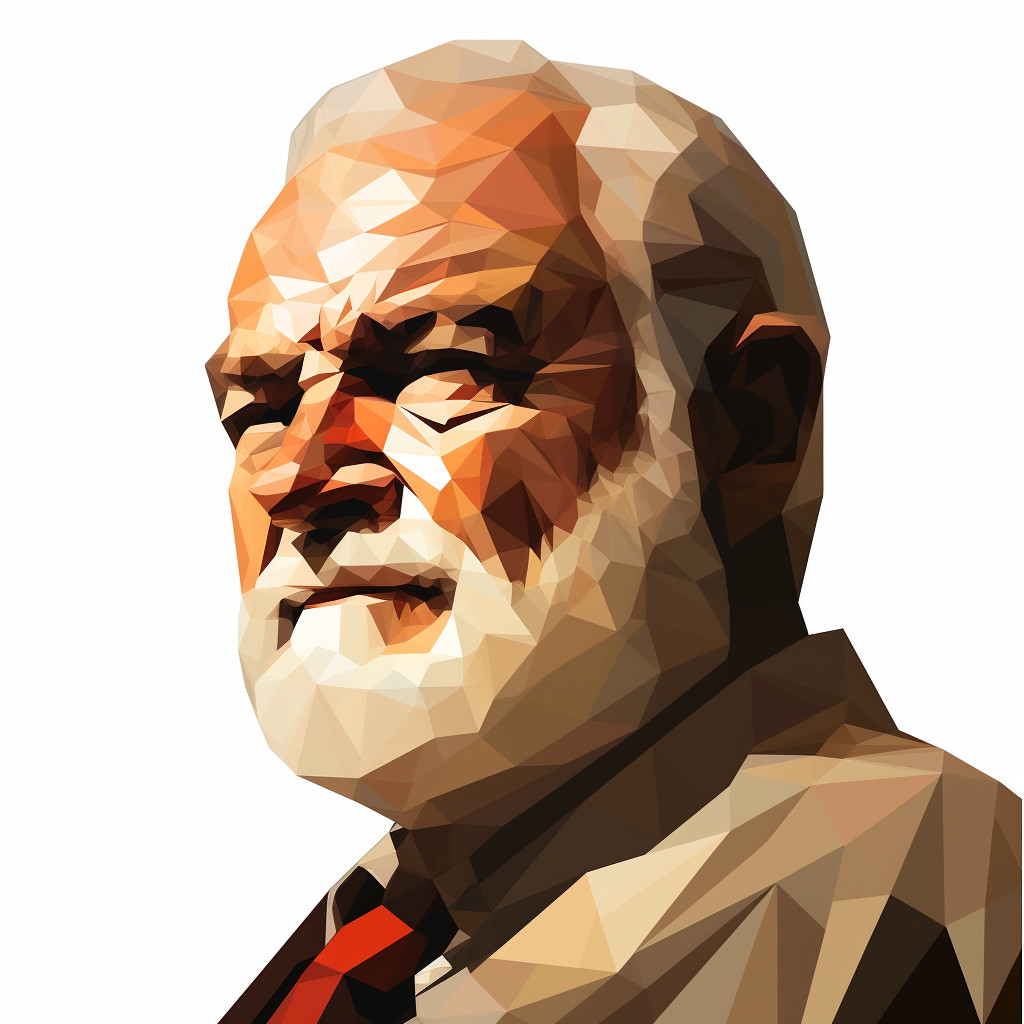This quote essentially emphasizes the importance of writing from personal experience and knowledge. It suggests that authenticity and credibility in storytelling come from a deep understanding of the subjects being written about. The author believes in writing about what one knows, each story drawing from a different piece of knowledge or experience. This approach ensures that the story is grounded in reality, even if it’s fiction, providing a sense of authenticity that readers can connect with.
Applying this concept to today’s world, particularly in the realm of personal development, it could be interpreted as the importance of self-awareness and authenticity. Just as the author writes about what he knows, individuals should focus on what they know about themselves – their strengths, weaknesses, passions, and experiences. By doing so, they can lead a life that is true to who they are, rather than trying to fit into someone else’s idea of who they should be.
In a broader societal context, this quote can also be seen as a call for diversity in media and literature. Each person has unique experiences and perspectives to share. By encouraging people to write about what they know, we can ensure a wide range of stories and perspectives are shared, promoting understanding and empathy among different groups of people.
In the field of personal development, this principle can be applied to encourage individuals to leverage their unique skills and experiences. By focusing on what they know and are good at, individuals can achieve greater success and satisfaction. It also encourages continuous learning, as the more one knows, the more one has to write about.
Overall, this quote is a powerful reminder of the importance of authenticity and the value of personal experience and knowledge, whether in writing, personal development, or societal representation.











